How Abu Dhabi Police speed up investigations with 3D tech
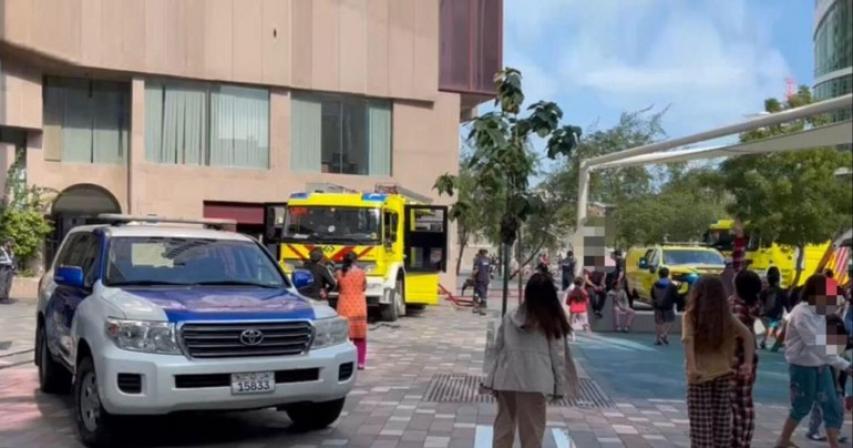
Two men in black walked into a gold shop at night, knifed to death the guard who intervened and fled with the corpse and the knife.
All fingerprints and DNA collected were his own: the thieves left no mark. Although the CCTV camera of the store didn’t show much, the Abu Dhabi Police could tell which men were tall. They brought in a 3D scanner that calculated the height of the suspects using photos from the footage.
That kind of speculative scenario is one way that some of the technology developed by the force’s young officers is helping police detectives to find clues.
The first time crime scene investigators used the 3D scanner was after the fatal gas-leak explosion at the Airport Road KFC restaurant in September 2020.
"It helped us find the victims, measure the radius and volume of the blast and calculate the spacing between the shrapnel," said Captain Mohammed Al Kaabi, deputy chief of crime scene measurement and sketching for Abu Dhabi Police.
"It also gives a picture of the scene to go along with the evidence."
Before such scanners, police officers had to take photographs of every detail, from different angles, and those photos were then paired to reconstruct the scene. In a landscape 2.5km in length, it took two days to capture an outdoor scene by paper — with a scanner it took three hours.
‘Better than anything, it maintains a true record of the original crime scene for years to come, and that may prove invaluable during long trials.
There was one occasion where the defence invented a theory years after the event, Al Kaabi said. "We went back to the (online) scene and counted the assertions. ‘The statements don’t match the context, we were able to scrutinise and find.
Laser fingerprint detection
But the force has also been testing another technology that produces faster proof — the forenscope. Light & photo-recognition portable laser fingerprint scanner that scans and photographs blood and fingerprints. There are times when prints may not come out if powder is humid or under conditions outside.
"This is much quicker and more precise than just rubbing powder on a surface and then showing prints," Captain Al Kaabi said.
"The force is still testing the device to see if it is safe and efficient," he said.
Crime scene storage
The efforts to sabotage evidence of crime are without a shot thanks to a groundbreaking fully automated e-store launched by the force in 2019. When evidence is received at the store, it is serialised and, in private, carried through an electronic conveyor belt to a container of sufficient space and temperature.
"No one knows where the container is; when it is checked out and checked in again, it ends up at an entirely different place," said Lt col Abdulla Al Hashmi, crime scene affairs officer for Abu dhabi Police.
All of the orders have to be a chain of commands by people who have access to the store using a username and password.
"Previously the evidence was spread out between storage units at various police stations and everything was done manually," said Lt-Col Al Hashmi.
It was the dream of Lt-Gen Sheikh Saif bin Zayed Al Nahyan, Deputy Prime Minister and Minister of Interior, to start such an immense storage facility that can preserve evidence of all types in one place with no human interference, that created the concept of this giant storage.
"Then we travelled to other countries like the UK and the US to find out how other police were doing it. Only with semi-automated shops did we find them.
The Abu Dhabi Police are thought to be the first police to have such a modern, fully automated facility in which to hold evidence of crimes.
"We’re headed over to Japan soon and will compare it all against their crime scene warehouse. After that, we can declare if our e-store is the only one in the world".
Encouraging creativity
Captain Al Kaabi was named as one of the International Association of Chiefs of Police (IACP)’s 40 under 40 inspirational police leaders. He was honoured for pioneering new technologies to the work of crime scene investigations (the 3D scanner, for example) and applying them in new ways.
He was one of the first group of Abu Dhabi police officers to major in crime scene investigation at Virginia Commonwealth University, and he was the first to complete a bachelor’s degree in the subject in 2014.
"By the time we got back, we had to use what we learned to improve our work," Captain Al Kaabi said.
"Our managers knew that we loved what we were doing, and they listened to our ideas and provided tools to execute on them."
In the case of the 3D scanner, for example, crime-scene personnel would sometimes use an old model until Captain Al Kaabi discovered one with greater capabilities. He tracked its Swiss manufacturer and walked with them through its operation, "but of course they didn’t train us; you’re a cop and you want to use this machine to help you as best you can".
He played with it for days watching tutorials online and analysing how to use it in his everyday work, "Much of it was self-learning, and I gave everything I learnt to my team".
‘I never would have been 40 under 40 if I had not had the opportunity to try new technologies and create new applications for them,’ he continued.

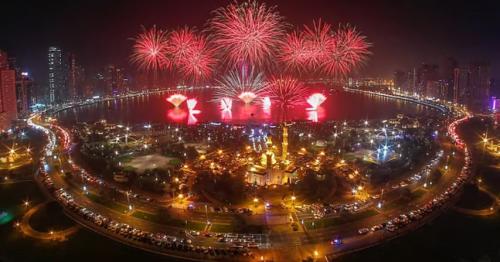
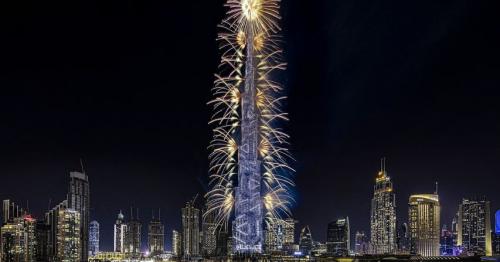
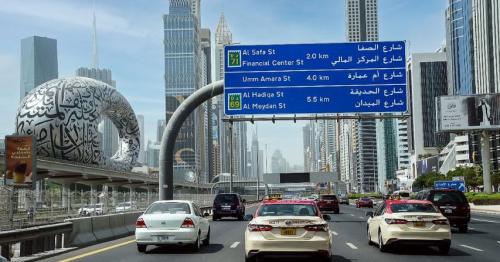
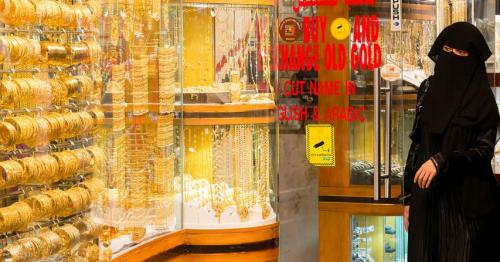
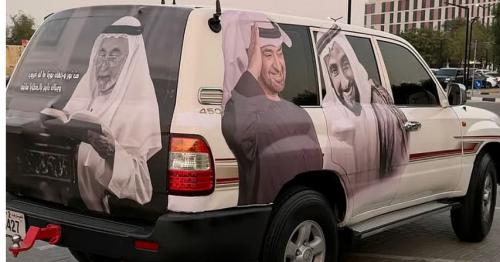
Comments